Major study of Scots vocabulary being launched by University of Aberdeen
- Published
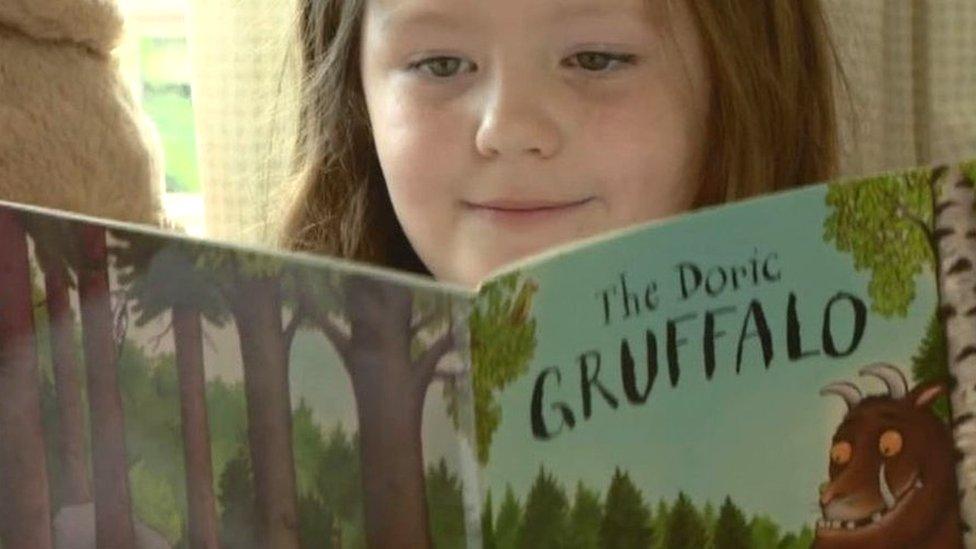
Language in the north east of Scotland will feature heavily in the study
A major new linguistic survey of the Scots vocabulary is being launched, in a bid to help preserve the language.
Researchers at the University of Aberdeen will lead what they describe as the first comprehensive appraisal of the language to be conducted since the 1950s.
It will cover Scots as well as what is known as Ulster-Scots.
The project - said to be a "huge undertaking" - is expected to take many years to complete.
Allow X content?
This article contains content provided by X. We ask for your permission before anything is loaded, as they may be using cookies and other technologies. You may want to read X’s cookie policy, external and privacy policy, external before accepting. To view this content choose ‘accept and continue’.
Robert Millar, a professor in Linguistics and Scottish Language at the University of Aberdeen, explained: "In Scotland we have the Linguistic Atlas of Scotland and Dictionary of the Scots Language but both draw heavily on material collated in the 1950s. In Ireland no such equivalent exists for Ulster Scots.
"The Linguistic Survey of Scots in the 1950s was ground breaking but does it remain relevant today? This is a question we will be seeking to address.
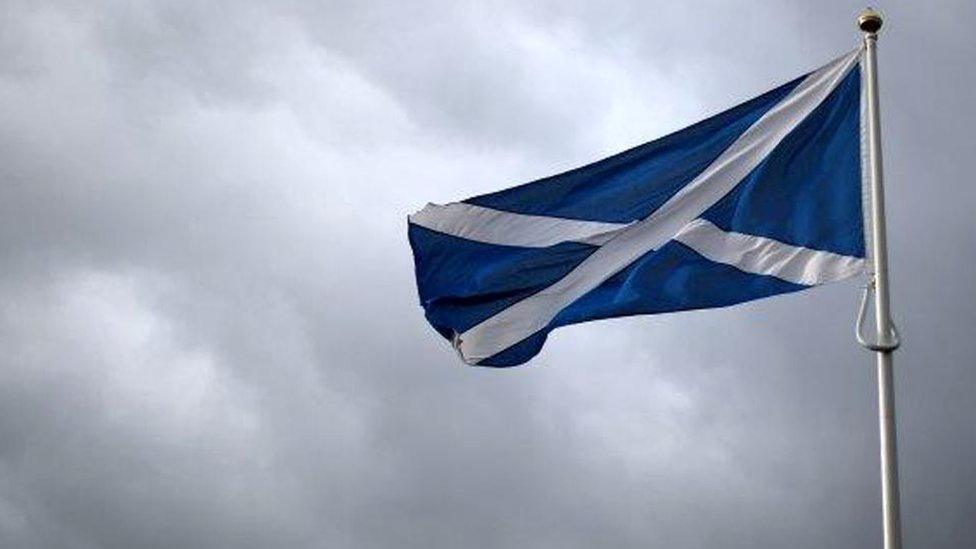
"This will be the first real attempt to move towards a survey that will give us a sense of the language in the 2020s.
"We hope it will represent the same great leap forwards as the original survey did and can contribute greatly to our national dictionaries."
'Replaced and cannibalised'
Prof Millar said: "Language naturally changes over time and words are replaced and cannibalised.
"Much of what makes Scots so distinctive is entwined with occupations and pastimes that have changed beyond recognition since the surveys of the 1950s.
"Nonetheless Scots continues to play an important role in our cultural and everyday lives and informs both our identity and sense of place."
The project will get under way in the coming year.
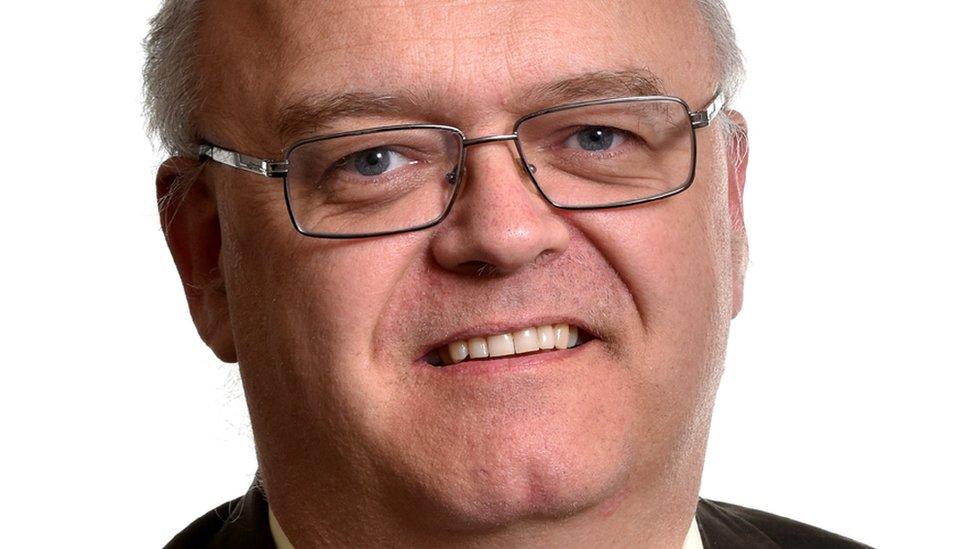
Prof Robert Millar says things have changed significantly in 60 years
Prof Millar added: "The previous survey was quite patchy and relied on volunteers so the quality of the information recorded varies significantly.
"We will use the north east of Scotland, which has one of the best preserved native speech varieties, as a test bed but want to collate information from across Scotland and the areas of both the Republic of Ireland and Northern Ireland where Ulster Scots is spoken.
"Our approach will be much more scientific and we want to make our findings freely available on the internet once it is complete."
- Published20 November 2018
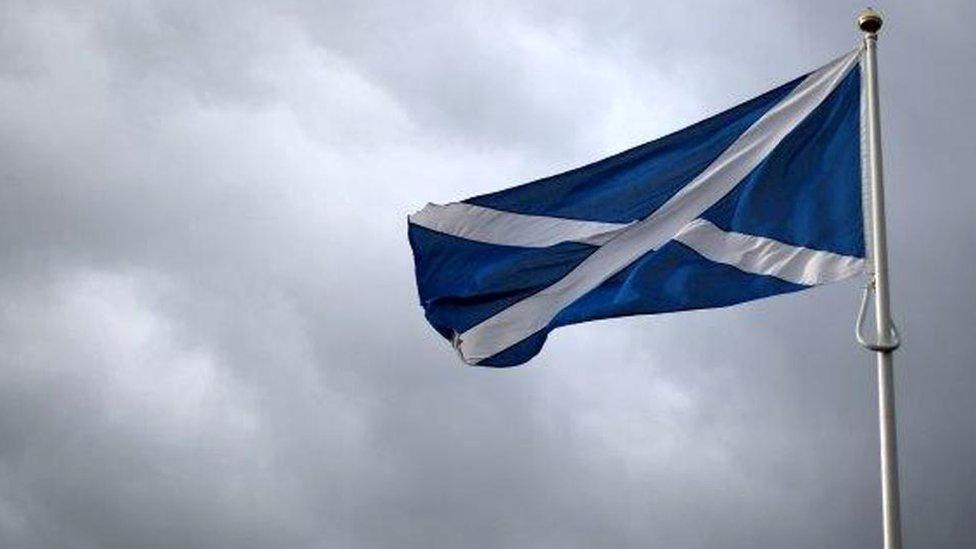
- Published28 March 2018
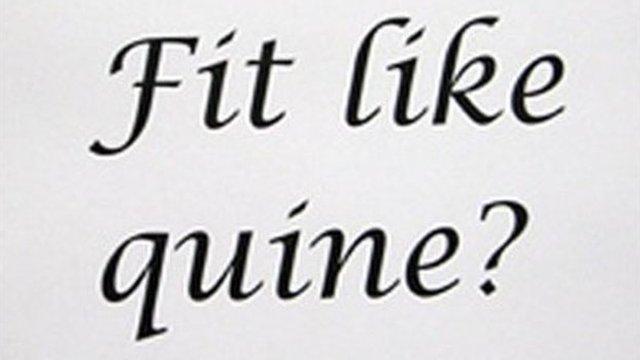
- Published3 November 2017

- Published28 February 2011